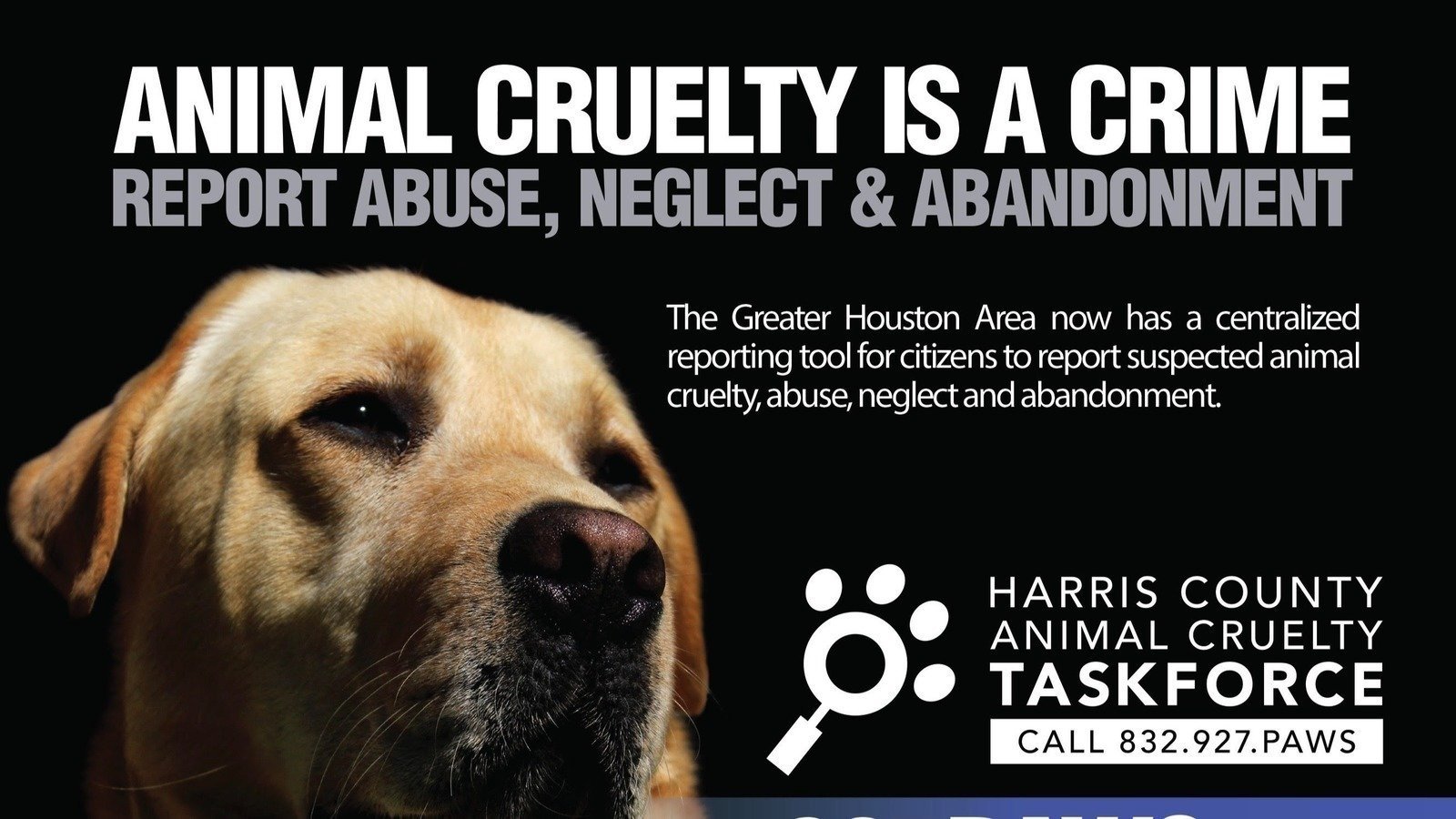In a world where animal cruelty persists, it’s easy to feel overwhelmed by the sheer magnitude of the issue. Yet, it is crucial to engage in the fight against animal cruelty while maintaining our mental and emotional well-being. This balance is paramount; otherwise, passion can quickly lead to burnout. Here are various strategies to assist you in this noble cause while preserving your vitality.
First and foremost, understanding the complexity of animal cruelty issues is vital. Animal cruelty is not just an isolated problem; it encompasses various forms, including neglect, abuse, and exploitation. Each category demands a different approach, so familiarizing yourself with these nuances can enhance your ability to combat the problem effectively. This thorough comprehension lays the groundwork for directed effort tailored to your strengths and interests, allowing for a more sustainable involvement.
Beginning involvement can sometimes feel daunting. Start small. Volunteering at a local shelter is an excellent gateway. Shelters often need help with daily operations, which directly impacts animal welfare. Engaging in hands-on activities—such as feeding, grooming, or assisting with adoptions—offers a tangible way to see the fruits of your labor. The immediacy of these contributions can be incredibly rewarding and serves as a reminder of why the fight against animal cruelty is significant.
Moreover, consider participating in community education initiatives. Educational outreach can be a transformative tool in spreading awareness. By organizing workshops or collaborating with local schools, you can inform others about responsible pet ownership, legislation on animal welfare, and the signs of animal cruelty. This engagement not only fosters community involvement but also bolsters your own understanding and commitment.
Social media presents another platform for advocacy that can be less demanding on personal resources. Use it to share educational content, highlight abuse cases, or promote local animal welfare events. By curating a feed that centers around animal advocacy, you can inspire others and create a supportive digital community. However, be wary of negative content; constant exposure to distressing images can lead to emotional fatigue. Balance your feed with uplifting stories of success and recovery, making your online activism both impactful and mentally sustainable.
Pursuing legislative change is a powerful method of advocacy. Staying informed about local and national laws pertaining to animal welfare is essential. Advocacy groups often provide templates for letters to lawmakers; utilize these resources to communicate your concerns. Engaging in campaigns or petitions fosters collective action, reminding you that you are part of a larger movement against cruelty. Each letter sent or petition signed serves as a reminder of the democratic process in place, allowing you to feel empowered rather than helpless.
Incorporating self-care practices into your routine is essential for preventing burnout. The emotional toll of witnessing or learning about animal abuse can be profound. Activities such as mindfulness, yoga, and nature walks can help rejuvenate your spirit. Find activities that allow you to disconnect from your advocacy work and recharge. Engaging with your pets, if you have them, can also provide comfort and remind you of the joy animals can bring into our lives.
Networking with other activists can also create a strong support system. Whether online or in person, connecting with others passionate about animal welfare allows for the sharing of resources, strategies, and emotional support. Discussing your feelings and experiences with like-minded individuals can alleviate some of the burdens you carry. This community can serve as a safe haven, encouraging you to persist without the fear of feeling isolated in your advocacy.
In addition to direct action and community involvement, consider focusing on specific campaigns or causes. Instead of attempting to address every issue simultaneously, select a particular animal welfare cause that resonates with you deeply. This focus allows you to become a subject matter expert, whether it’s fighting against puppy mills or advocating for wildlife preservation. Narrowing your scope prevents overwhelming feelings and also garners a more profound commitment, leading to greater effectiveness in your efforts.
Another vital aspect to consider is the importance of educational resources. Commit to continuous learning about animal welfare, laws, and the latest developments within the field. Books, webinars, and documentaries are invaluable tools for expanding your understanding while also keeping you engaged and motivated. By being well-informed, you can share relevant information with others, enhancing your impact and helping to inform a more extensive network.
Finally, it is worthwhile to reflect on the progress made over the years in the fight against animal cruelty. Recognizing victories—both small and large—can reinvigorate your resolve. Remember stories of animals saved, laws passed, or community initiatives succeeded. Celebrate these accomplishments as milestones on this journey, fostering a sense of hope and renewal rather than despair and exhaustion.
In conclusion, engaging in the fight against animal cruelty is both a noble and necessary pursuit. By taking deliberate steps to maintain your well-being while advocating for change, you ensure that your efforts remain sustainable. Through small acts of kindness, community engagement, and education, you can make a lasting difference in the lives of countless animals, all while preserving your passion and preventing burnout. This transformative experience is not just about the animals we help; it’s about creating a compassionate society that values and respects all living beings.








